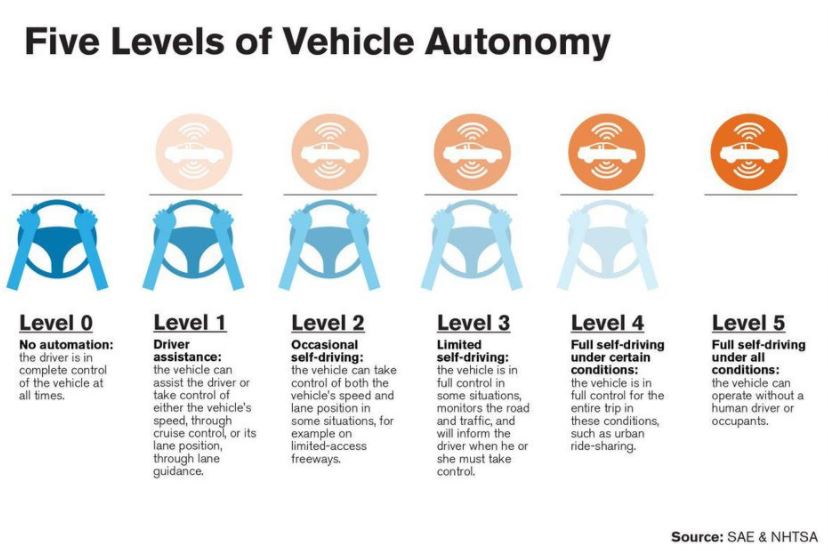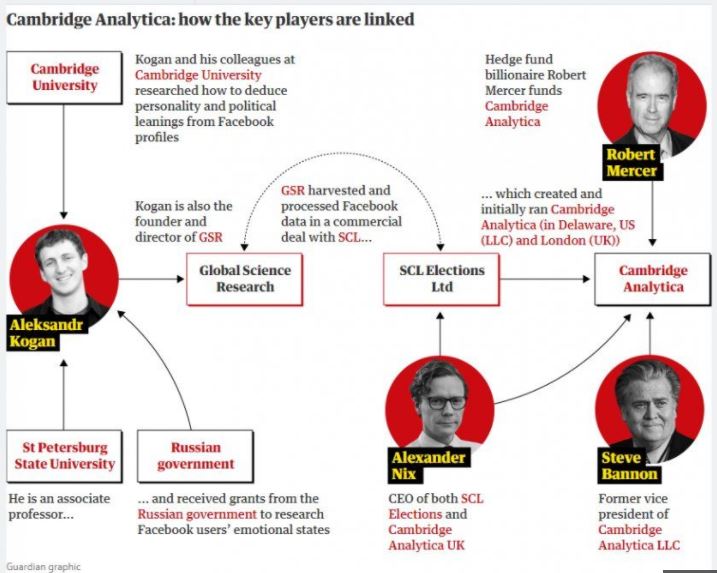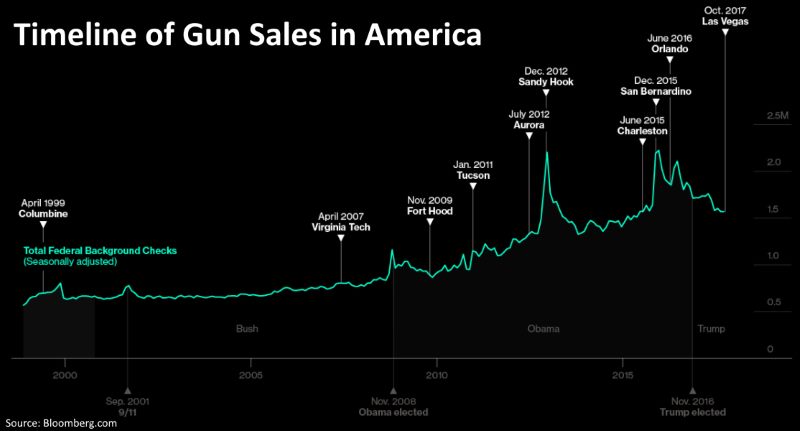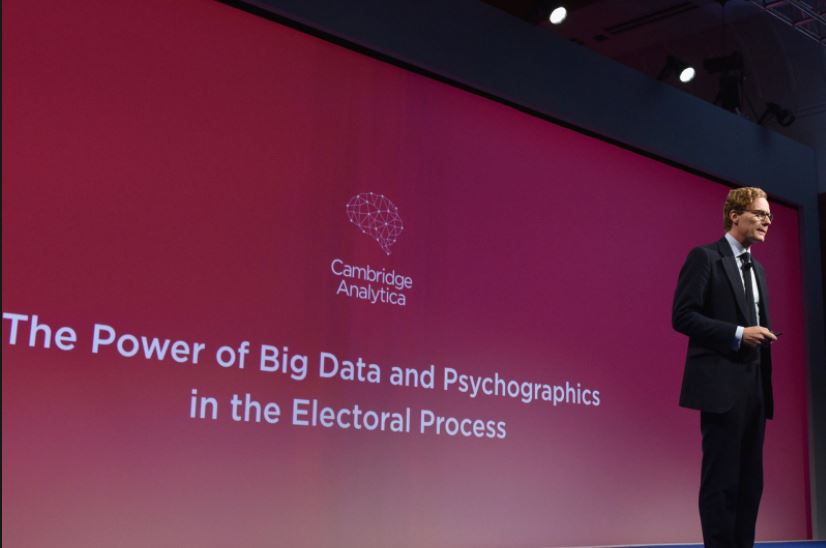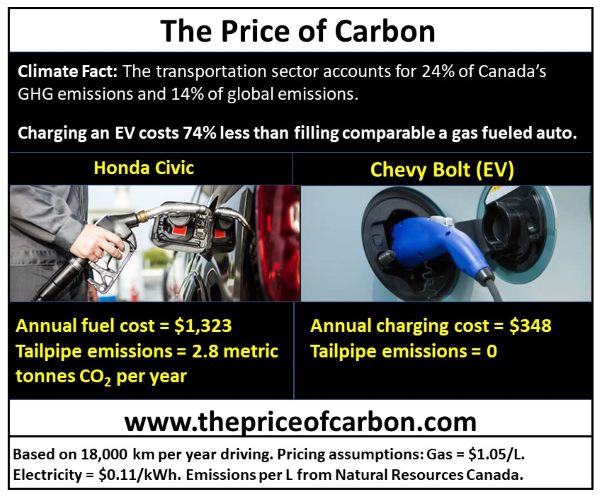There is a crisis at Facebook because of the constant negative media coverage of the Cambridge Analytica scandal causing users to question staying on the product and that has caused Facebook stock drop a truly staggering $70B in value in 11 days. It’s founder, Mark Zuckerberg, owns 28.2% of the company so he has lost $20B personally.
There is a also crisis being experienced by some Facebook users that have finally realized Facebook and nearly all other ‘free’ online services are harvesting personal data to allow others to micro-target advertising at them. WHO DIDN’T KNOW THIS ALREADY? Apparently millions of people thought Facebook was some benevolent do-gooder, that provided a complex service for free because they were nice people.
The saying in the industry holds as true today as it did in the 1999 when it was coined: “You are not the customer; you are the product“.
The only ethically questionable behavior by Facebook in this current crisis, was corrected way back in the spring of 2015. That issue was the ability of users to share not only their own information, but that of their friends (if those friends had not changed default privacy settings).
Facebook made USD$40B in 2017 and that was another record amount for them. They did this by monitoring you, figuring out what you might be interested in and then allowing advertisers to target you personally, just like they said they would.
The along came Cambridge Analytica who used a large set of Facebook user data and figured out patterns they could use to apply to other Facebook users. Cambridge Analytica organized the social media efforts for the Donald Trump Presidential campaign and now it is a political crisis too.
It is important to note that:
(more…)


